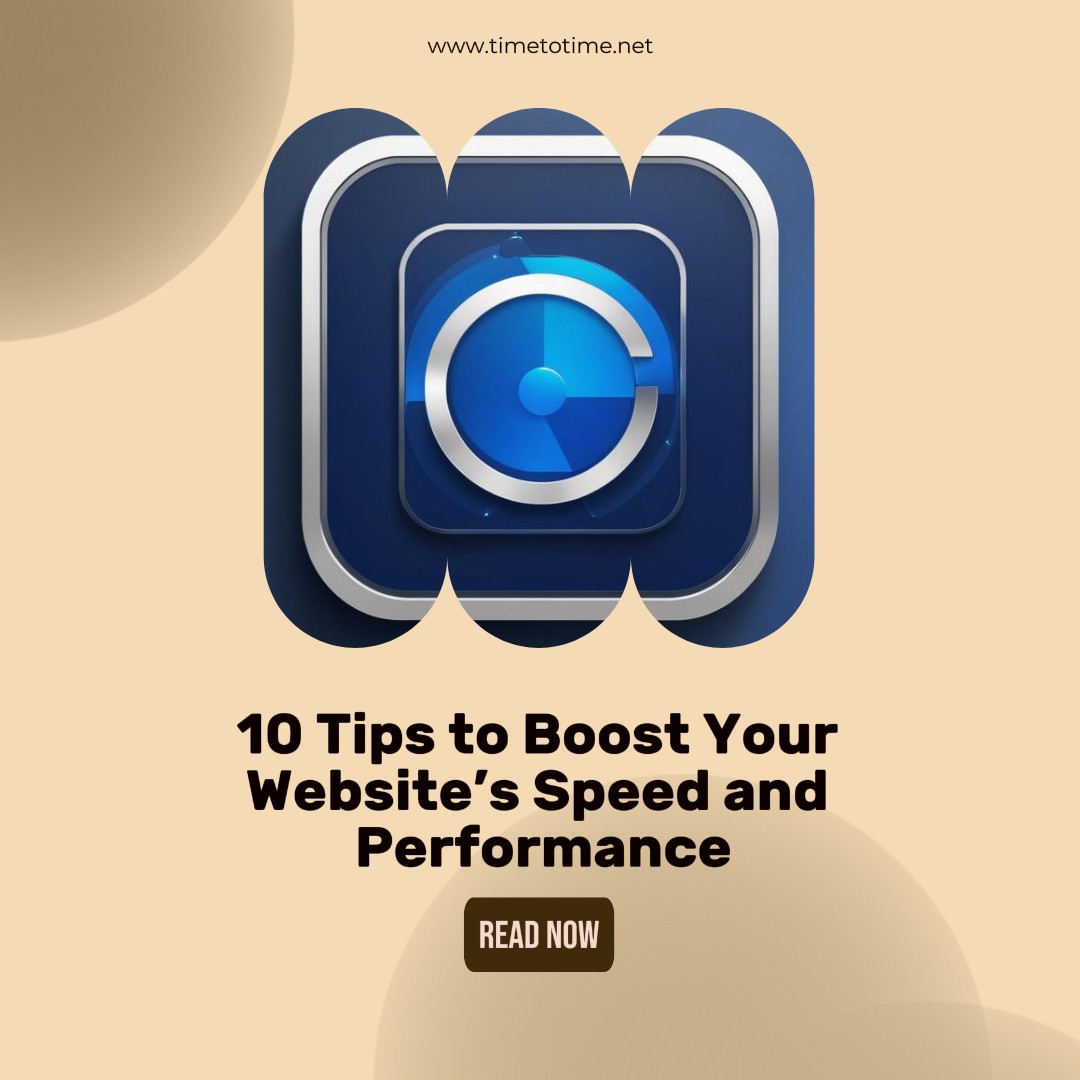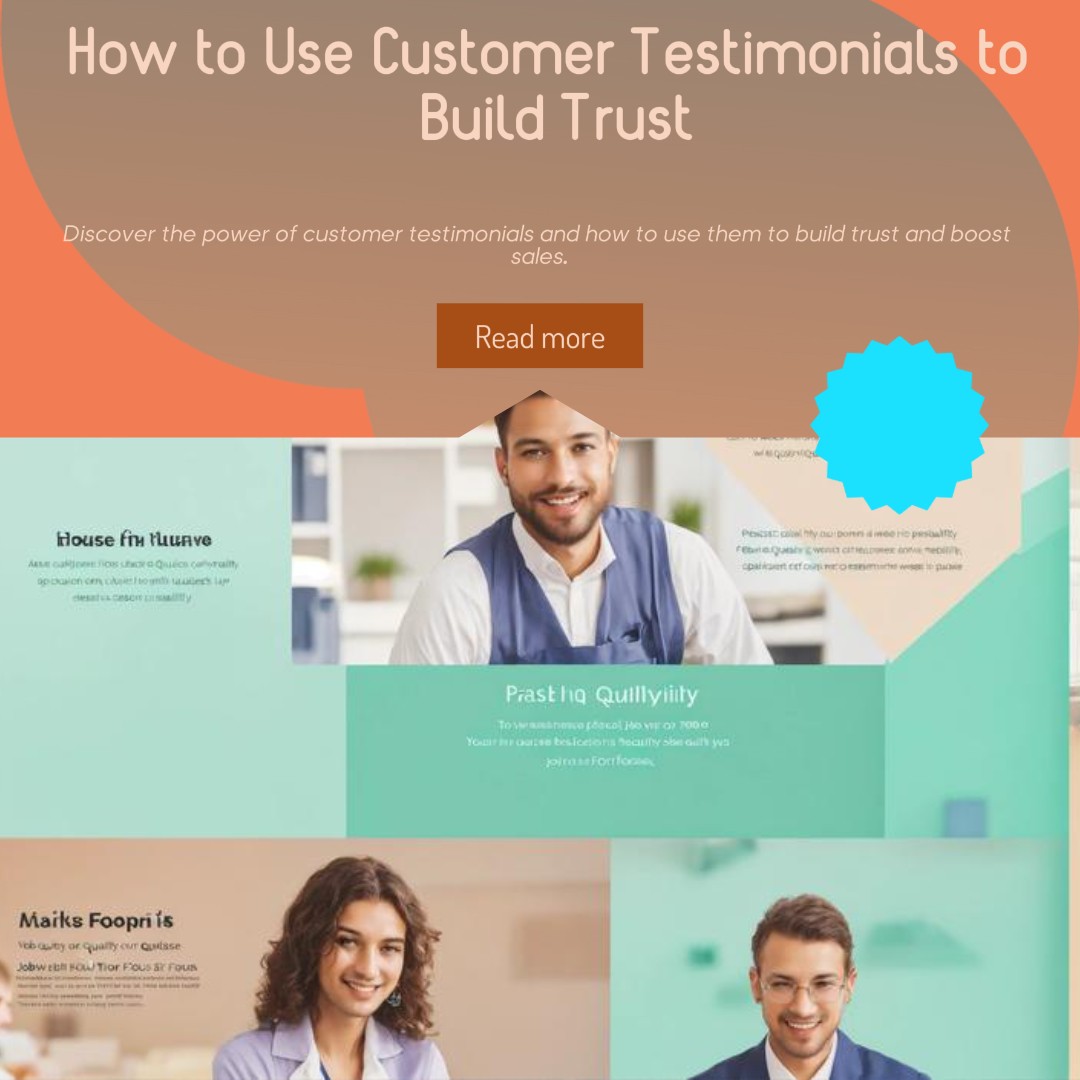One of the best ways this can be accomplished is through Local SEO, or Search Engine Optimization. Local SEO is the signpost that points customers to your door.Local SEO focuses on making changes that better position your business online for more customers from the searches that matter most in your location. Think of it, in a sense, as word of mouth-just virtual. The talking is handled by the search engines, such as Google. This becomes important for businesses where the area of customer service is confined to some geographic boundary, such as restaurants, shops, or service providers.
Table of Contents
Why Local SEO Matters
In other words, it connects your business with would-be customers who look for products and services in your area. Alright, let me put it this way: suppose you own a bakery. So, when someone searches from around the corner near your shop for “best cupcakes near me”, you will want your top-of-search-results bakery. That’s where Local SEO comes in: it makes sure your business gets listed in those local searches and brings more footfall, and eventually, sales.
The underlying key here is that local searches lead to purchases. In fact, studies indicate that nearly 78% of mobile local searches end in an offline purchase. That is, in other words, local SEO is somewhat like a no-brainer for any local business.
How Search Engines Rank Local Businesses
This helps these businesses learn a little about Local SEO to understand how engines rank local businesses on Google. Google uses several factors that determine which business should show up within a local search result. Following are some of the factors:
Relevance:
How well does your business match what the searcher is looking for?
Distance:
How far is your business from the searcher?
Fame:
How well-known your business is, online and offline.
These three different types of factors interact with each other in how your business either will show up or not in the very coveted “Local Pack” and on the first page of search results. The Local Pack is a boxed set of three businesses that show up at the top of Google’s search results and usually include a map. If you are able to get your business into this pack, the payoff can be huge.
Claiming and Optimizing Your Google My Business Profile
First things for local SEO is claiming and optimizing your GMB profile. Your GMB profile would be something of the likeness of your online business card and one of the most important components for local SEO. That gives Google a primer of who you are, what you are doing, where you’re located, and how a customer may get a hold of you.
Steps to Optimize Your GMB Profile:
Claim Profile:
Take this time to go ahead and claim your business profile in Google My Business.
Fill out Each Field
Fill out each field, if it applies. What this means is you will want to include the name of your business, address, phone number-NAP, website, operating hours, and the services offered.
Choose Categories that Fit Properly:
Most importantly, select categories that depict what your business is doing to help Google understand the same.
Add Photos and Videos:
Quality photos and videos will give an extra edge to your profile and grab more clicks.
Collect and Respond to Reviews:
Encourage happy customers to leave positive reviews and always respond to them, whether positive or negative.
An optimized GMB profile will help one perform better in local search visibility and drive more customers into their entities.
The Importance of NAP Consistency
NAP simply stands for your name, address, and phone number. For Local SEO, consistency is the mantra. It shall be identical on your website, social profiles, and all local directories. Inconsistent information about your NAP is surely going to confuse the search engines and your would-be customer too, thereby shrinking the ranking in search results.
Why NAP Consistency Matters:
Instills Trust:
The consistency in information across all mediums is important to gain trust-where the trust needs to be instilled within search engines and customers alike.
Improves Visibility:
Search engines have accurate NAP information on which to base the searches when attempting to natively show your business in their search results.
Reduces Confusion:
It will help customers find your business and contact it without a problem.
Run periodic audits of your web presence to ensure that it is updated and exactly the same in every display point for consistency of your NAP.
Optimizing Your Website for Local Searches
Your website is considered the foundation of your online presence, and that’s where the optimization for local search will come in helpful. That would include adding local keywords, optimizing the meta tags, and making sure it’s mobile-friendly.
Key Website Optimization Strategies:
Use Local Keywords:
Add local keywords on your website content, meta tags, and URLs. Continuing this example with plumbing services in Miami, one would say, “Miami plumbing services.”
Local Content Creation
Blog about local events, news, or issues relevant to your business.
Go Mobile
Since the majority of local searches are performed on mobile devices, make sure your website is responsive and quick to load both on smartphones and tablets.
Create Location Page
If your business has multiple locations, create a separate page for each one, including relevant local keywords.
In this way, optimization of your website to local SEO will be able to tell the search engines where your business is and what kind of services you can offer-small factors that might help raise your ranking in local search results.
Building Local Citations and Backlinks
Citations and backlinks are two powerful elements of Local SEO that can help boost your business’s online visibility.
Local Citations:
A citation is a mention of the name, address, and telephone number of your business in one place online. The most common places where citations occur are local directories, websites, and apps. Building citations will help you rise the ladder of local search rankings and make your business far more accessible to customers.
How to Build Local Citations:
List Your in Local Directories
Get your business listing submitted to other local directories such as Yelp, Yellow Pages, and all other sites industry-specific.
Ensure Consistent NAP:
As already mentioned, ensure that your NAP on all the citations is correct and exactly in the same format.
Niche Directories:
Industry-wide or local-based niche directories referring to your business.
Backlinks:
All the other links, backlinks, or links on other people’s websites pointing towards your website mean a sort of thumbs-up or vote of confidence, letting the search engines know that your site should be trusted and is relevant.
How to Build Local Backlinks:
Partner with other local businesses:
Ask that they link back to your website.
Sponsor Local Events:
Sponsor events in your area, and get mentioned and linked on the event sites.
Guest Blog on Local Sites:
Write guest posts for local blogs or news websites, and include a link back to your website.
The NAP citations and backlinks added will definitely go a long way to boost your search rankings and build the online reputation of your business.
Encouraging and Managing Online Reviews
Online reviews are an important element of Local SEO. Good reviews will improve the visibility of your business in local search results and boost more customers. Yet, efficient review management is equally important as its encouragement.
Encouraging Reviews:
Encourage Satisfied Customers:
Also, right after a positive transaction or service, ask your customers to review you on your Google My Business or other review platforms.
Make It Easy:
Place links directly to your review profiles in follow-up emails or on your website.
Incentivize Reviews:
Incentivize reviews by offering small treats to customers who will give you a review within the guidelines of the platform, of course.
Managing Reviews:
Respond to All Reviews:
Irrespective of whether the review is positive or negative, respond. Thank customers for positive reviews, and on negative reviews, address whatever issue they bring up.
Professionalism
Always be polite, even in those instances when the review is unfair or negative.
Employ Feedback for Improvement:
Use feedback from reviews to make recommendations on where improvements can be made in your business.
A good set of positive reviews can really cement the local SEO effort considerably by engendering trust with future potential customers.
Leveraging Social Media for Local SEO
Social media isn’t only great for engagement, but it is also a very strong tool for Local SEO. The social profiles show up in search, and the content that you publish on those social platforms drives back to your website.
Social Media Tips for Local SEO:
Optimize Your Profiles:
First, your social profiles should have included your NAP information and linked to your website.
Local Shared Content:
Events, news, or any matter that concerns them can be posted to friends and family.
Keep your audience engaged:
You have to respond to comments and messages on time. Comment on other local businesses and help interact with other influencers.
Use Local Hashtags:
Use local hashtags in your posts so you can make them appear more to the local users.
Social media helps you drive more traffic to your site and builds your online presence accordingly, and all that affects your Local SEO positively.
Tracking Your Local SEO Performance
You will have to monitor performance in order to realize whether your Local SEO efforts work or not. This monitoring will give you insight into what works, what doesn’t work, and where improvements can be made.
Tools for Tracking Local SEO:
Google Analytics
Follow website traffic through the tool to understand how people find you.
Google Search Console
Observe search performance-what keywords trigger traffic to your website-in this field of study.
Google My Business Insights
It’s time to understand how many people actually look at your GMB profile, what their origin is, and what action they take.
Rank Tracking Tools
Tools like Moz Local or BrightLocal could be used for tracking your ranking across local search results.
By routinely checking these metrics, you will know how effective your Local SEO strategies are, and you’ll be able to make data-driven decisions to improve them.
Common Local SEO Mistakes to Avoid
While Local SEO is powerful, it’s easy to make mistakes that can hinder your progress. Here are some common pitfalls to avoid:
Top Local SEO Mistakes:
Not maintaining consistency in your NAP:
Inconsistencies of NAP information across the web confuse algorithms of search and will hurt your ranking.
Neglecting Mobile Optimization:
By not going mobile-friendly, you could be losing a lot when it comes to local traffic that may come your way.
Not claiming your GMB profile:
You will never benefit from an opportunity to get in touch with your customer if a GMB profile is not claimed and optimized.
Not monitoring online reviews:
Bad reviews or the lack of them may keep your target customers away and could even affect your search rankings.
You will only unleash the full potential of Local SEO by making sure you avoid these mistakes.
Conclusion
Accordingly, your Local SEO is surely going to attract more and more customers, increasing sales to your local business. Moreover, optimally ramping up your online presence-claiming your Google My Business profile, maintaining consistency of NAP, building local citations and backlinks, and encouraging online reviews-will go a long way in improving your visibility in the local search results. Let us not forget, Local SEO is not something you do once; it is actually an ongoing process-one that requires monitoring and adjustment over time. Start using these techniques today and watch your company reach new heights.
FAQs
1.What is Local SEO, and why is it important?
Local SEO is the process of optimizing your online presence to attract more business from relevant local searches. It’s important because it helps businesses connect with potential customers in their area.
2.How can I improve my Local SEO?
You can improve your Local SEO by claiming and optimizing your Google My Business profile, maintaining NAP consistency, building local citations and backlinks, and encouraging positive online reviews.
3.What are local citations, and how do they impact SEO?
Local citations are online mentions of your business’s name, address, and phone number. They impact SEO by improving your business’s visibility in local search results.
4.How often should I track my Local SEO performance?
It’s recommended to track your Local SEO performance regularly, at least once a month, to identify areas for improvement and to monitor progress.
5.Can social media affect Local SEO?
Yes, social media can affect Local SEO. Optimized social media profiles, local content, and engagement can boost your online presence and drive more traffic to your website, benefiting your Local SEO efforts.






